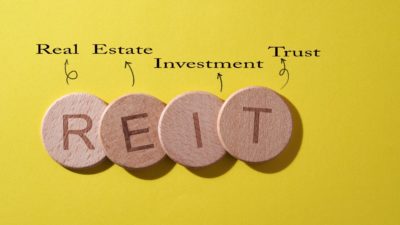In the past year, a number of companies have been in the news for all the wrong reasons. In Canada, Home Capital Group Inc. (TSX:HCG) caused the biggest controversy amid fraudulent actions. The situation south of the border was much different.
In the United States, it was Chipotle Mexican Grill, Inc. (NYSE:CMG) continued to have health and safety concerns in its restaurants. As early as this week, there was a report of a food-borne illness in a restaurant, which sent shares to less than US$300 once again. For certain investors, the saying “when it rains, it pours” has never seemed so fitting.
Going into the new year, the question that investors need to ask is one that is very simple: What’s going to be a major catastrophe in the new year?
As certain industries (such as the food industry) are prone to having challenges more often than others, there are certain companies that contain a food component which may be best avoided, as this risk, in addition to normal business risks, may be too much for investors to shoulder.
The first company that comes to mind is none other than Air Canada (TSX:AC)(TSX:AC.B), which has had many fantastic years without being a negative news headline. Although things are going extremely well for the company, which trades at no more than four times trailing earnings (thanks to a rebate from the taxman), the truth is that the company remains highly levered and continues to carry the normal high risk associated with airlines. Serving food on the planes is just another added risk.
With a number of catalysts that could put the company at risk over the next 12 months, shareholders may want to avoid this company at all costs.
South of the border, shares of Carnival Corp. (NYSE:CCL) may be the best name to avoid or short sell for the coming year. The company, which has seen relatively flat revenues when adjusted for inflation (since fiscal 2014), has increased the operating income at a rate of 16.5% over that same period. The lower price of oil (the biggest expense for a cruise line) has allowed the company to deliver fantastic results to shareholders.
In spite of a trailing price-to-earnings ratio of less than 20 times, the stock currently offers a yield of less than 2.75%, as the company’s luck may finally be running out. With the risk of higher oil prices, or a food outbreak (or any disease for that matter), shareholders may want to start thinking about putting their money to work elsewhere.
Happy 2018!








